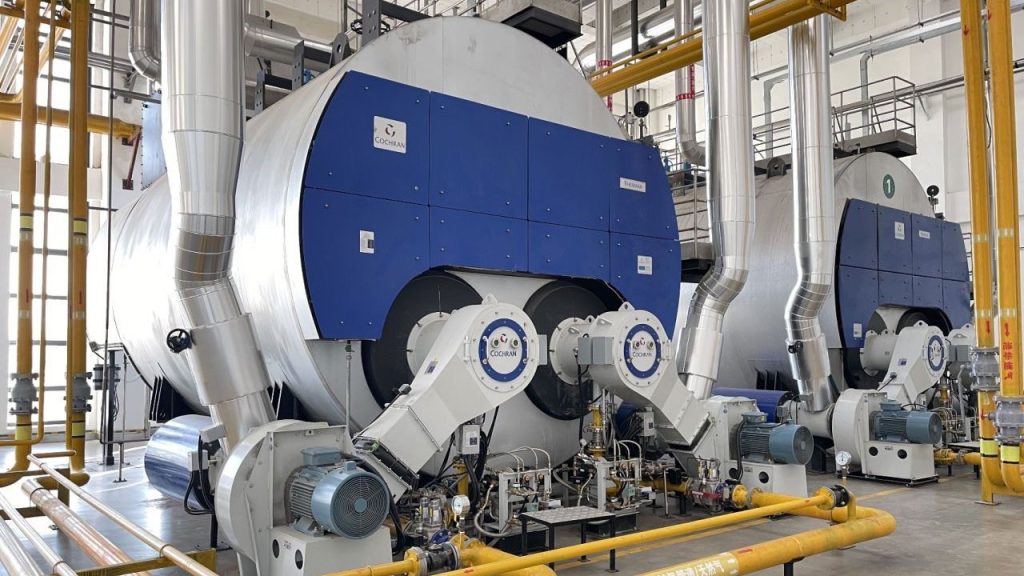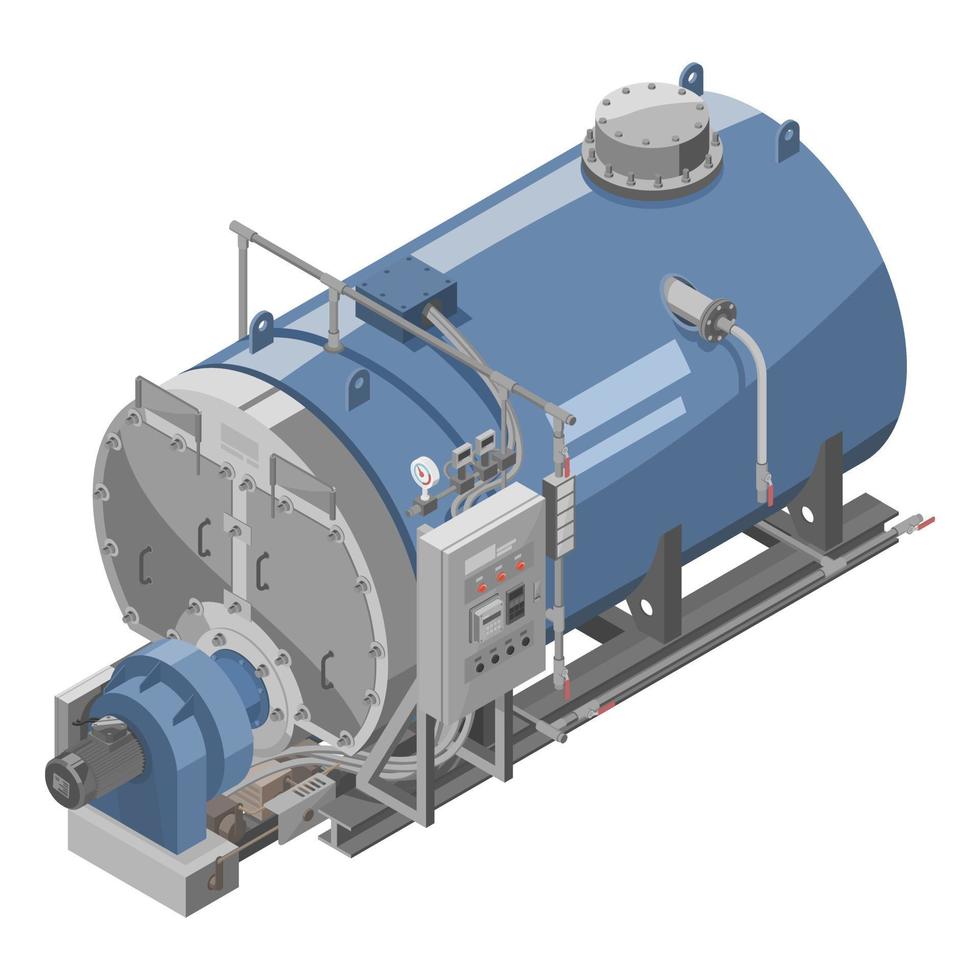The meals and beverage enterprise relies on steam. Steam is clean, efficient, and reliable for cooking, sterilizing, drying, and cleaning. It improves product quality, hygiene, and strength efficiency. Many food manufacturing methods would be less efficient and extra expensive without a reliable steam system. industrial steam boiler energy these operations precisely and controllably.
Why Food Processing Needs Steam
Steam controls heat transfer, preserving food taste, texture, and nutrients. Its use spans processing stages:
- Steam evenly cooks meats, veggies, cereals, and preset meals.
- Steam kills hazardous bacteria and preserves food quality during pasteurization.
- High-pressure steam sterilizes equipment, bottles, and packaging.
- CIP systems use steam to clean pipes and machinery without disassembly.
- It effectively removes moisture from substances and containers.
Beverage Manufacturing Applications
Steam maintains product purity and production speed in beverage production:
- Brewing: Steam heats kettles to extract tastes and fragrances.
- Steam aids distillation in spirits manufacture.
- Bottling and Packaging: Health rules require steam sterilization before filling.
- Juice and dairy processing: Pasteurization and heating require constant steam.
Advantages of Industrial Steam Boilers
Steam boilers in food and beverage businesses have many advantages:
- Maintainable Temperature
- Boilers provide uniform heat for product uniformity.
- The Energy Efficiency
- Boilers today turn energy into heat efficiently.
- Cleanliness is High
- Steam is clean heat for food-grade procedures.
Scalability
- Small artisanal activities and major industrial units can use boilers.
- Automating and Monitoring
- Advanced systems have automatic pressure and temperature controls.
Steam boiler types
Different boilers suit different food processing facility needs:
- High-pressure water tube boilers produce steam quickly.
- Smaller establishments employ fire tube boilers because to their compact form.
- Electric Steam Boilers: Best for low-emissions or gas shortages.
We choose each type based on plant size, processing needs, and the environment.
Key Boiler Selection Factors

Food and beverage firms should consider these factors when choosing a steam boiler:
- Demand and pressure for steam
- Fuel costs and availability
- Maintenance needs
- Space restrictions
- Food safety compliance
Matching boiler capacity to production needs saves energy and streamlines operations.
Maintenance and Safety
Maintaining efficiency and safety requires regular maintenance:
- Regular checks
- Avoiding scaling with water treatment
- Pressure and temperature monitoring
- Maintaining service and performance records
Preventive maintenance improves boiler life and avoids downtime.
Conclusion
Food and beverage processing relies on industrial steam boiler. It improves plant efficiency, product quality, and hygiene. A well-maintained steam boiler ensures reliable performance and regulatory compliance throughout cooking, sterilizing, and packaging.

